Our Approach
Every Rodel program is unique, but they all share certain characteristics.
Our Fellows
Every Rodel program is unique, but they all share certain characteristics. In each program, we begin by creating a highly diverse cohort of Fellows who will study together and learn from one another. In the Rodel Fellowship, for example, we invite a group of twenty-four elected officials from across the United States to participate, of whom half are left of center and half are right of center. In the Rodel Judicial Fellowship, each cohort of sixteen to twenty state and federal judges is split down the middle, half appointed by Republican presidents or governors, half by Democrats, or, in the case of elected state justices, a split between left and right orientation. This ideological diversity is designed to mirror the political and legal complexity of the United States, to ensure that leaders with many different viewpoints come to the seminar table, and to offer opportunities for leaders to learn from their peers who possess different values and policy perspectives.
Our Curriculum
The curriculum for each Rodel program is designed to foster deep discussion and personal sharing of perspectives between program participants. Fellows join one another around the seminar table for robust discussion of foundational texts and recent scholarship on law, politics, and philosophy. In the Rodel Fellowship, for example, Fellows read the preamble to the Constitution, the Declaration of Independence, parts of the Federalist Papers, and writings by Martin Luther King, Jr., Frederick Douglass, and John F. Kennedy. They also read and discuss major philosophical texts by thinkers like Immanuel Kant, John Stuart Mill, and John Locke. The reading also includes recent works from major contemporary scholars and commentators like Danielle Allen, Rogers Smith, and Jill Lepore. In some cases, we focus on pressing contemporary issues and policy challenges to ground the discussion in real-world events.
Finding Common Ground
One major goal of our programs is to help build strong personal relationships between leaders from different parts of the country. Fellows share breakfasts, lunches, and dinners, offering opportunities to learn more about one another, share experiences, and identify and explore common challenges and opportunities. Similarly, our seminar discussions are designed not just to identify and highlight policy differences, but to help participants identify areas of shared concern and common values. After completing the program, Fellows continue to gather at Rodel reunions and select events. Additionally, many Fellows find ways to work together on shared public challenges.
Leadership Development
Rodel helps America’s most promising leaders reach their full potential as public servants. We do not endorse a single leadership development theory. Instead, we offer participants multiple perspectives, tools, and techniques. These include concepts of ethical and principled leadership, adaptive leadership, the value of self-awareness, and the importance of peer accountability as a leader.
